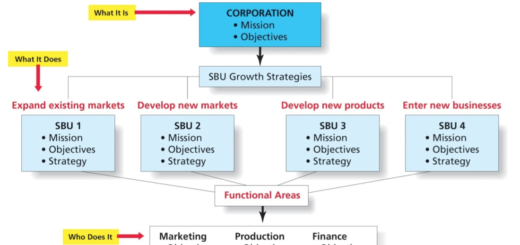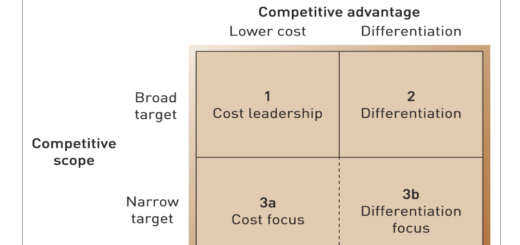Selection Methods: Interviews
Interviews are a common selection method used by organizations to evaluate job candidates. An interview is a structured conversation between the employer and the candidate that aims to assess the candidate’s qualifications, experience, personality, and fit for the position. Here are some advantages and disadvantages of using interviews as a selection method:
Advantages:
- Personal interaction: Interviews provide an opportunity for employers to meet and interact with candidates in person. This can help employers get a sense of the candidate’s personality, communication skills, and other traits that may not be apparent on a resume or application.
- Flexibility: Interviews can be tailored to meet the needs of the organization and the position. Employers can use a variety of interview formats, such as phone interviews, video interviews, or in-person interviews, to accommodate candidates who may live far away or have other scheduling conflicts.
- Immediate feedback: Interviews allow employers to provide immediate feedback to candidates on their performance and ask follow-up questions. This can help employers gain a deeper understanding of the candidate’s qualifications and experience.
- Cost-effective: Interviews can be a cost-effective selection method compared to other methods such as assessment centers or psychological tests.
Disadvantages:
- Subjectivity: Interviews can be subjective, and the interviewer’s personal biases, opinions, and preferences may influence the selection process. This can lead to inconsistencies in the selection process.
- Limited information: Interviews may not provide enough information to make an informed decision about the candidate’s qualifications and experience. Candidates may present themselves differently in an interview than they do on the job.
- Interviewer’s skills: Interviewers may not have the necessary skills or experience to conduct an effective interview. This can result in a poor candidate experience and a less effective selection process.
- Time-consuming: Interviews can be time-consuming, especially if multiple rounds of interviews are required. This can be a barrier for candidates who have limited availability or are unable to take time off from work.
In summary, interviews can be a useful selection method that provides employers with an opportunity to meet and interact with candidates. However, they can be subjective, may not provide enough information, and can be time-consuming. It is important for employers to carefully consider the advantages and disadvantages of using interviews and determine whether they are an appropriate selection method for their needs. Additionally, employers should ensure that their interview process is fair, objective, and consistent to minimize bias and increase the effectiveness of the selection process.




